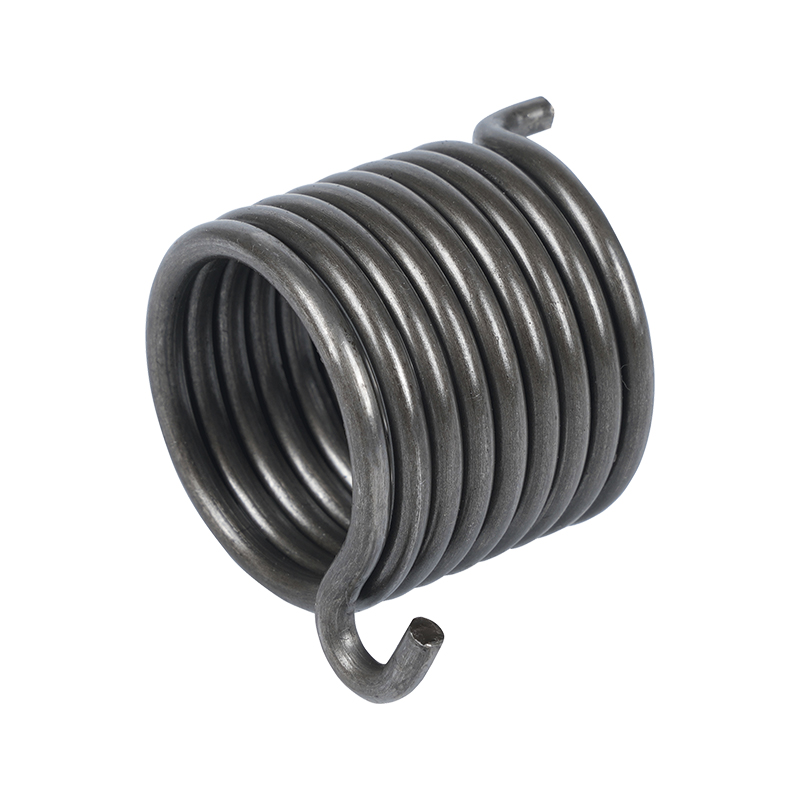Applications of Custom-Fabricated Steel Pipes in Water Supply and Sewage Systems
Steel pipe fabrication is a crucial process that plays a significant role in the construction and maintenance of water supply and sewage systems. The ability to create custom-fabricated steel pipes allows for the production of pipes that are tailored to meet the specific requirements of various projects, ensuring performance and durability.
In water supply systems, custom-fabricated steel pipes are essential for transporting water from sources such as reservoirs and wells to treatment plants and distribution networks. These pipes are designed to withstand the pressure and flow rates required for efficient water delivery. The fabrication process involves careful selection of steel materials and precise manufacturing techniques to ensure that the pipes can handle the demands of continuous water flow. For example, seamless steel pipes, which are often custom-fabricated, provide a smooth interior surface that reduces friction and allows for a higher flow rate of water. This is particularly important in large-scale water supply systems where even a small increase in efficiency can to significant savings in energy and resources.

Custom-fabricated steel pipes are also vital in sewage systems. They are used to transport wastewater from homes and businesses to treatment facilities. Unlike water supply pipes, sewage pipes must be able to handle a variety of substances, including solid waste and corrosive materials. The fabrication of these pipes often involves the use of specialized coatings and linings to protect against corrosion and ensure long-term durability. For instance, epoxy-coated steel pipes are commonly used in sewage systems due to their resistance to chemical attack and ability to withstand the abrasive nature of wastewater. The custom fabrication process allows for the application of these coatings in a way that maximizes their effectiveness, providing a robust solution for sewage transportation.
One of the key advantages of steel pipe fabrication is the ability to produce pipes in various sizes and shapes. This flexibility is particularly important in water supply and sewage systems, where pipes may need to navigate complex terrain and fit into tight spaces. Custom-fabricated steel pipes can be bent, welded, and cut to precise specifications, allowing for seamless integration into existing infrastructure. For example, in urban areas where space is limited, custom-fabricated steel pipes can be designed to follow the contours of the land and fit around existing buildings and other structures. This not only ensures efficient installation but also minimizes disruption to the surrounding environment.
Moreover, the strength and durability of custom-fabricated steel pipes make them an ideal choice for both water supply and sewage systems. Steel pipes are known for their high tensile strength and ability to withstand external pressures and impacts. This is especially important in areas prone to natural disasters such as earthquakes and floods. In such situations, the robustness of steel pipes can help maintain the integrity of the water supply and sewage systems, preventing leaks and contamination. The fabrication process also allows for the inclusion of reinforcement features, such as thicker walls or additional supports, to further enhance the strength of the pipes.
Another important aspect of steel pipe fabrication is the ability to incorporate inspection and maintenance features into the design of the pipes. Custom-fabricated steel pipes can be equipped with access points, inspection ports, and other features that facilitate regular maintenance and inspection. This is crucial for ensuring the long-term reliability of water supply and sewage systems. By allowing for easy access to the interior of the pipes, maintenance crews can quickly identify and address any issues, such as blockages or corrosion, before they become major problems. This not only helps to prevent service disruptions but also extends the lifespan of the pipes, reducing the need for costly replacements.
Custom-fabricated steel pipes are an essential component of water supply and sewage systems. The flexibility, strength, and durability of these pipes make them a reliable and efficient solution for transporting water and wastewater. Through advanced fabrication techniques and the use of specialized materials, custom-fabricated steel pipes can be tailored to meet the specific challenges of each project, ensuring performance and long-term reliability. As technology continues to advance, the role of steel pipe fabrication in the development and maintenance of water supply and sewage systems will only become more important, helping to meet the growing demands of modern infrastructure.


 English
English русский
русский Español
Español











